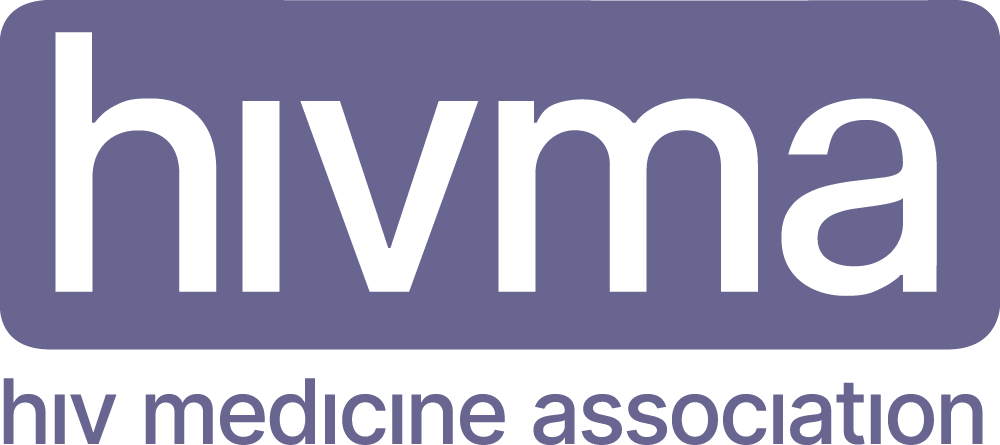A Call to Action on the 40th Anniversary of First Reported AIDS Cases, to End the HIV Epidemic in America
Four decades after the Centers for Disease Control and Prevention issued the first report of five young men sick with what we now know as AIDS, we mark a day of commemoration. We reflect on the millions of lives lost to HIV since that June 5, 1981 report and the millions of people who now live with the virus. The last 40 years have shown us what humanity can do in the face of a massive threat to lives and public health. Science, spurred by activism, developed answers to this threat, including rapid diagnostic tests, effective antiretroviral treatment and biomedical tools to prevent acquisition of HIV.
The extent of our progress is evident: numbers just released by CDC, show an 8% drop in HIV incidence over the past 5 years, largely because of earlier diagnosis; treatment of people with HIV, which prevents transmission to others; and use of pre-exposure prophylaxis — PrEP — in which antiretroviral medications prevent acquisition of the virus.
Despite these unprecedented advances, our progress has been slowed by policies, often based on stigma and intolerance, that have kept access to health care out of reach for many with HIV. Twelve states have refused to expand Medicaid, and discriminatory laws deepen disparities. As a result, the progress we’ve made has been uneven. The inequities are clear, with HIV incidence eight times higher among Black Americans than among White Americans and nearly four times higher among Latinx Americans.
Forty years after the first report of five sick young men raised questions, we are at a turning point. The progress made against the threat of HIV continues to save lives daily and to inform and inspire the search for solutions to new, emerging infections that now include COVID-19. We owe it now to those who lost their lives, and those who devoted their lives to ending the threat of AIDS, to ensure the enormous gains of past decades are available to all. We call on policy makers at every level to enact meaningful changes to provide equal access to care and thereby end HIV as an epidemic in America before the end of this decade.
Rajesh T. Gandhi, MD, FIDSA
Chair, HIV Medicine Association
